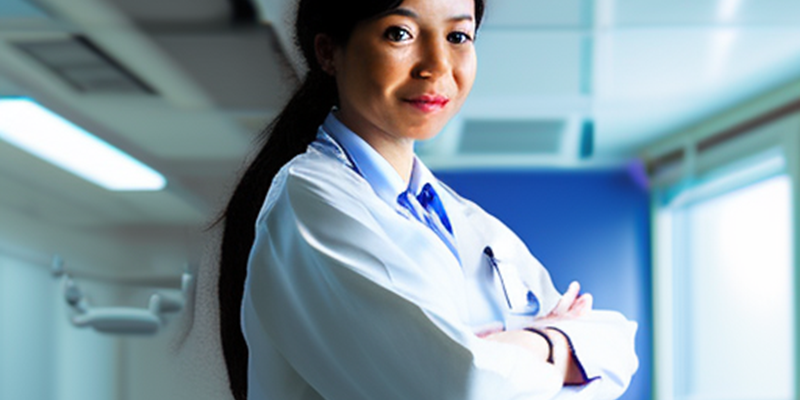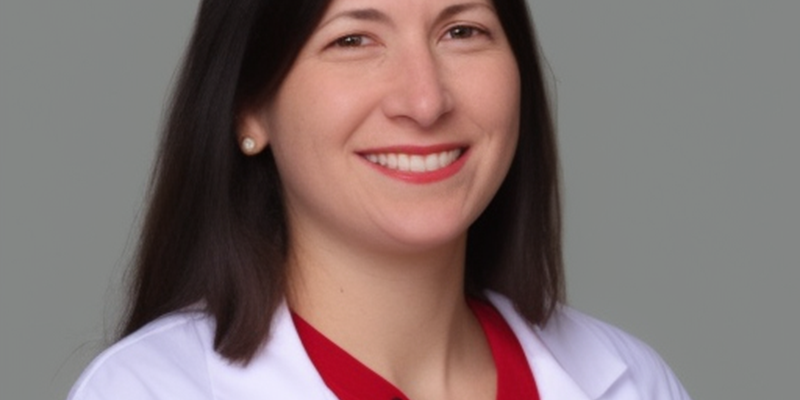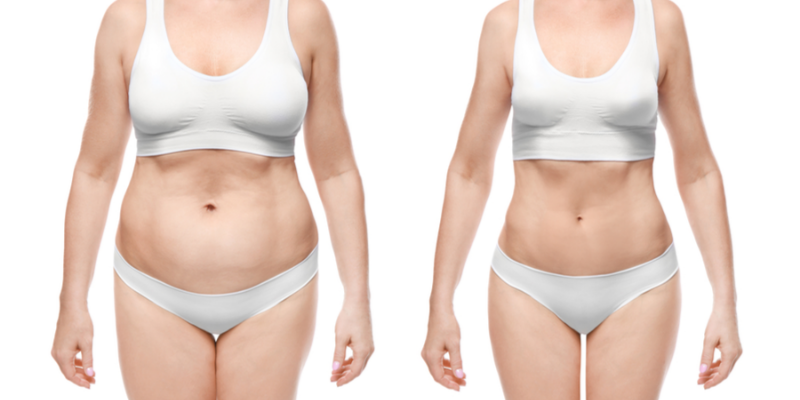Do you know how to prevent diarrhea after gastric sleeve surgery is? It’s called antacids. You probably have heard of antacids because they’re in most supermarkets and drugstores. They work by neutralizing acid, which prevents the stomach from releasing acids into food. Common examples of antacids are sodium bicarbonate, magnesium hydroxide and calcium carbonate.
Gastric surgery is a serious matter. This procedure requires an overnight stay in the hospital. If you have a pre-operation diet, it won’t take long for you to recover, but you should avoid eating heavy meals right after you have had your gallbladder removed. This is because the gallbladder releases digestive fluids into your stomach to help it digest foods. The fluid that builds up inside the stomach could potentially back up into the abdominal cavity, causing heartburn, nausea and diarrhea.
If you overeat, you should make an effort to limit your food intake, even if you just cut down from your daily diet by one meal. If you consume too much food during meals, the extra food could lead to undigested waste building up in your stomach. When this happens, the stomach’s pumping action can cause inflammation, which leads to indigestion. In addition, it can lead to diarrhea.
About How To Prevent Diarrhea After Gastric Sleeve Surgery
How to prevent diarrhea after gastric sleeve surgery? To prevent the occurrence of indigestion, it’s important to always keep your stomach full throughout the day. Snacking isn’t encouraged, once you have had your gallbladder removed. The undigested food may ferment, releasing gas. Even though you’re supposed to eat a limited amount of food following gallbladder removal surgery, you should still be aware of how much food you consume.
It’s also important to chew your food thoroughly, even if it seems like it’s a piece of cake. Chewing gum or sucking on hard candy when eating out can actually cause the insides of your mouth to become irritated. When your lips and teeth are sore from chewing, you tend to close your mouth more than usual. This can increase the risk of drying out your mouth.
The good news is that eating small, frequent meals after your surgery can help to prevent dryness from your stomach. A meal often enough will also help to soothe your queasiness after eating. It will also increase your ability to avoid gas during the night. Maintaining a mild diabetic diet will also help to maintain good eating habits after your surgery.
Gastric Sleeve Surgery
How to prevent diarrhea after gastric sleeve surgery? As with any surgery, you should consult your doctor about what foods you should be eating after your surgery. You should never self-diagnose and should immediately report any changes in your eating habits or symptoms. Your doctor will be able to advise you on what to expect during your recovery.
Although you will experience some discomfort after your procedure, you can greatly reduce this discomfort with an oral appliance called after supper choppers. These appliances are specially designed to ensure that your stomach is able to empty properly each time you finish eating. A specially designed cover will keep the appliance safely tucked away when not in use. This is one of the most effective ways to prevent diarrhea after gastric bypass surgery.
It is important to ensure that you follow all of your doctor’s advice regarding exercise and stretching after your procedure. This is very important because you will be very weak and may not be able to move properly following surgery. Therefore, it is recommended that you begin a light exercise regime immediately after your procedure. If you have any concerns, ask your doctor about what exercises you should begin with. He or she will be able to give you specific instructions.
Weight Loss
It is also important that you keep your weight to approximately twenty percent less than your body mass index. To achieve this, you should take in about six ounces of water each day. Your doctor will guide you in what percentage of your calories should come from protein, fat and carbohydrates.
You should be taking the necessary precautions to stay healthy following surgery. Before you embark on a gastric bypass surgery diet, you should ensure that you are receiving adequate amounts of calcium, protein, vitamins A and D as well as other essential nutrients. In addition, you should engage in regular exercise to ensure that you maintain proper blood-sugar levels. You should not stop taking your medication until your doctor advises you to do so. You should never miss more than two meals per day.
Following a surgery to perform a gastric bypass operation is not easy. Your body will be in a state of shock and you will be unable to eat normally for a period of time. However, you can use these suggestions to help you during your adjustment period. These tips can help you make the most of your new ability to eat. You should also speak to your surgeon to learn more about what you can do to prevent diarrhea following gastric bypass surgery.
If you are someone who has just had a procedure known as duodenal ulcer surgery, you may be wondering if there is a way to prevent your body from emptying its stomach of food. This can be an uncomfortable feeling, especially after you have just eaten a large meal. The feeling usually goes away within a day or two, and it will feel as if you have lost a lot of weight. The truth is that it is very common for the stomach to relax before lunch. Even after meals, food often stays in the stomach for an extended period of time. So, you should know how to prevent diarrhea after gastric sleeve surgery.
Gastric Sleeve
A reflux is caused by an excessive pressure inside the stomach. Because of this, gastric contents and bile are likely to move back up into the esophagus, causing a painful burning sensation. The pain usually increases after you’ve eaten a heavy meal because of the presence of more stomach juices. The movement of food particles may also cause the formation of acids that cause erosion of tooth enamel. If you have just undergone a surgical procedure, you might be experiencing some symptoms of the same that will be explained below.
The first thing you should do after recovering from a gastric sleeve surgery is to drink plenty of water. Water helps flush out the stomach acids that caused the discomfort. It also keeps your body from feeling too hungry. You should eat small meals more frequently so that the gastric juices can move down into the stomach faster. You should not eat anything too solid for at least 12 hours after your surgery, as your stomach is healing.
Another recommendation that experts recommend is frequent emptying of the stomach. During this period, the amount of food that has entered the stomach is slowly being reduced. This will prevent the stomach from packing up and making you feel bloated. You will still be able to eat but at a much reduced amount. This technique is also known as “negative calorie dieting.” Just like weight loss diets, it will take quite some time before your body adjusts to the amount of food you are eating.
How to Prevent Diarrhea after Gastric Sleeve Surgery by Hydrating and Nutritious Eating
Are you concerned and interested in receiving an answer to “how to prevent diarrhea after gastric sleeve surgery?” One way to prevent diarrhea after gastric sleeve surgery is to ensure you get enough water. During the postoperative period, your body needs plenty of fluids to help it recover and heal. Try to get at least eight glasses of water a day. This will help your digestive system function properly and keep your stool regular.

Besides hydration, what you eat is also relevant in how to prevent diarrhea after gastric sleeve surgery. Additionally, adding probiotics to your diet can help stave off an episode of diarrhea as they contain beneficial bacteria that may help restore balance in your gut microbiota. Make sure to speak with your doctor before introducing any new dietary supplement into your routine. These strategies should relieve diarrhea and reduce the risk of another episode after gastric sleeve surgery.

It is also essential to stick to a healthy diet post-surgery and limit how much-processed food you consume, as this can often trigger more episodes of loose stools or diarrhea due to its high salt content or additives. If you are interested in learning “what does a gastric sleeve do?” We recommend that you keep reading our blog.




